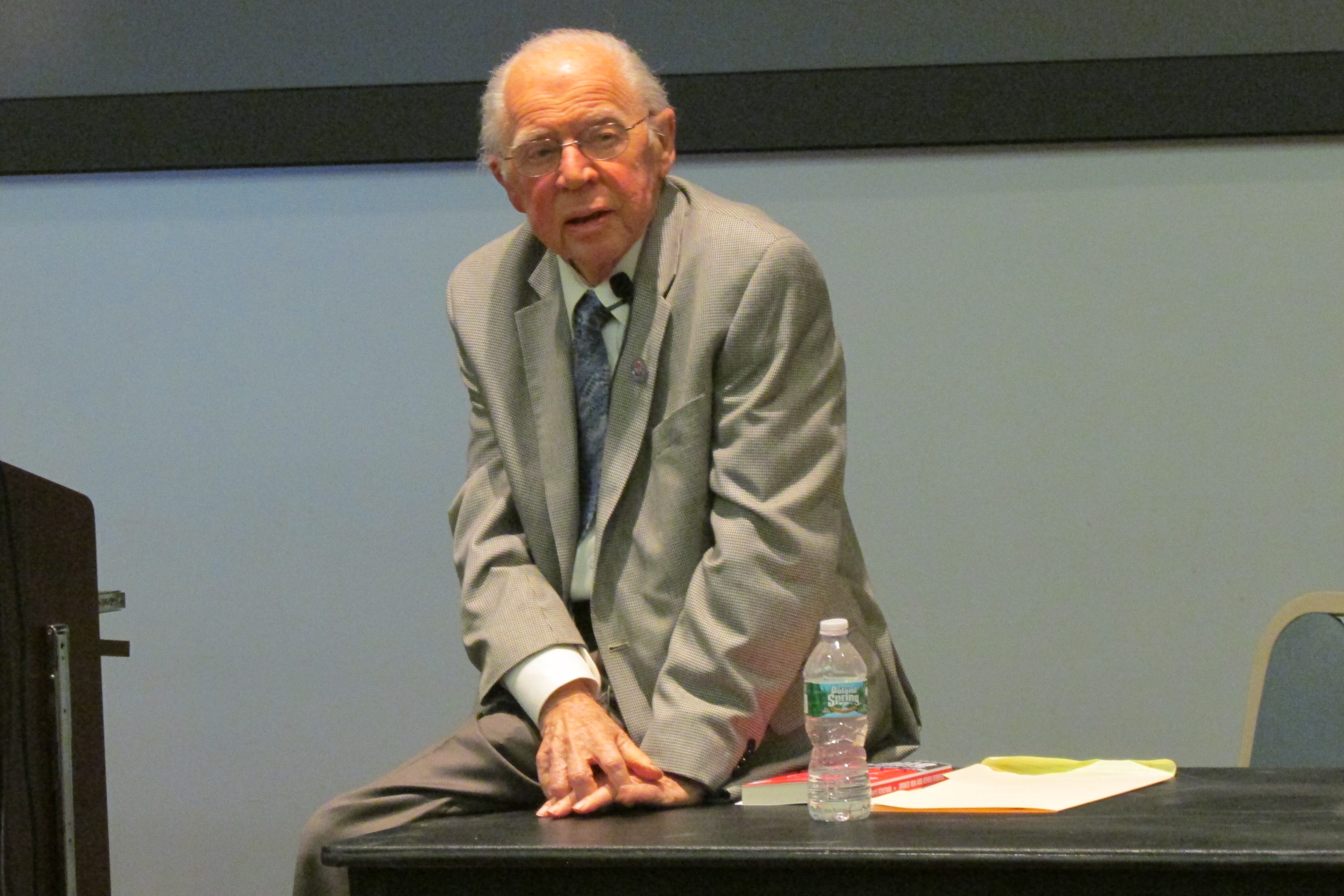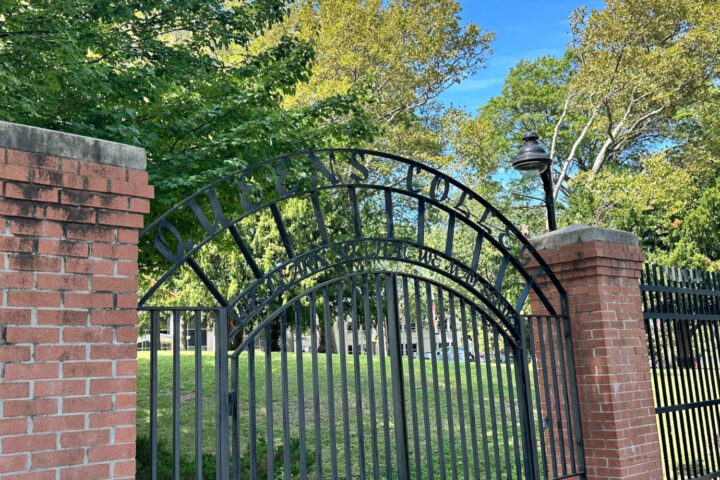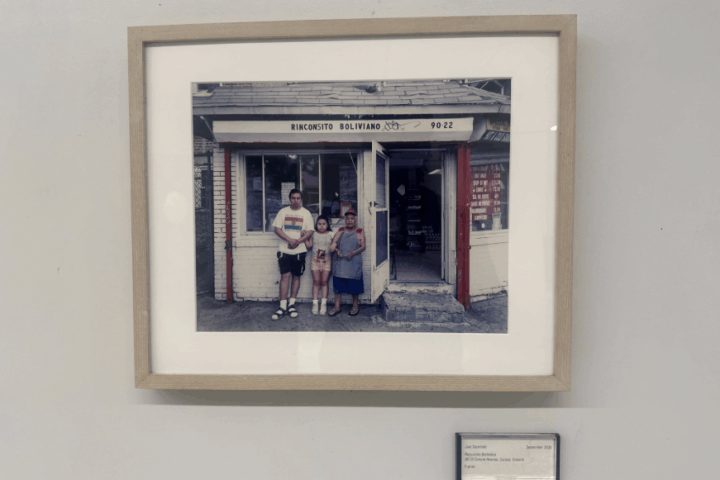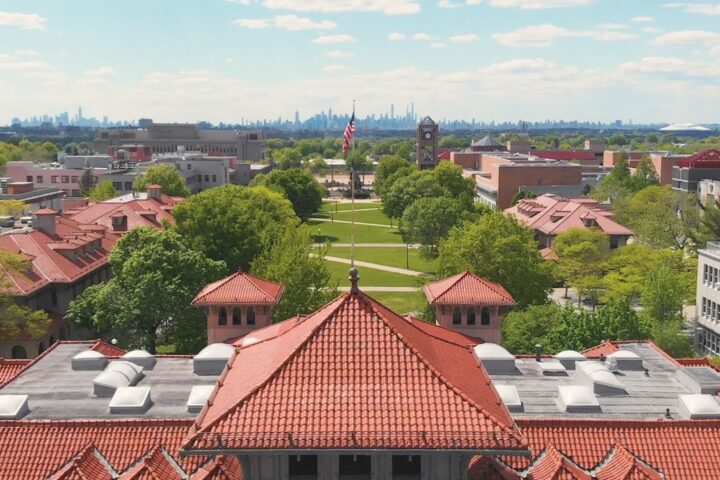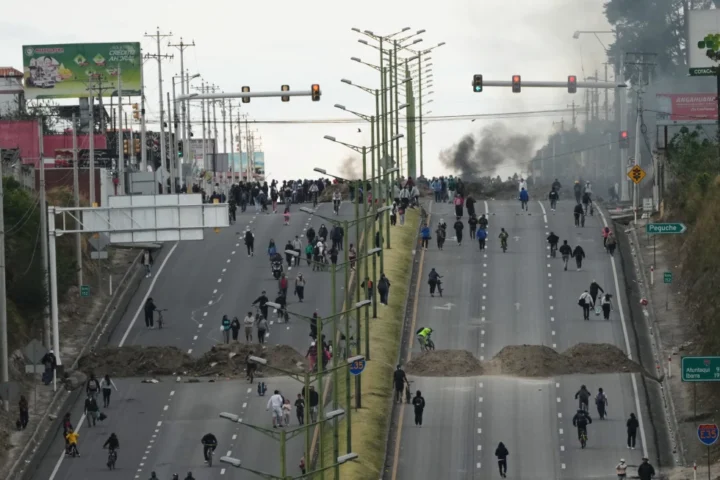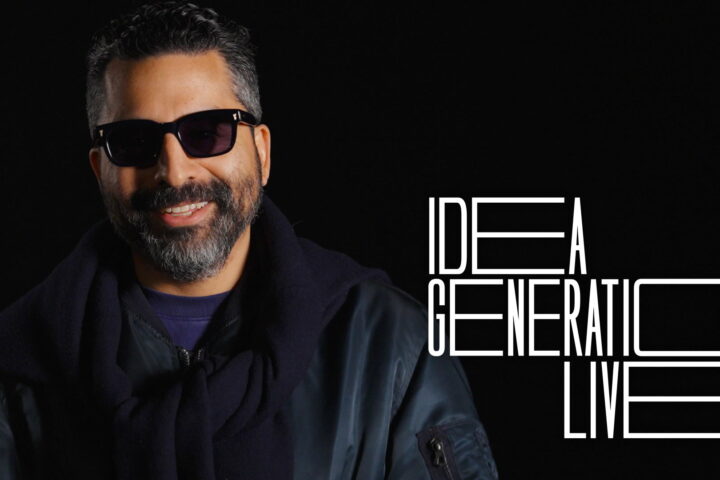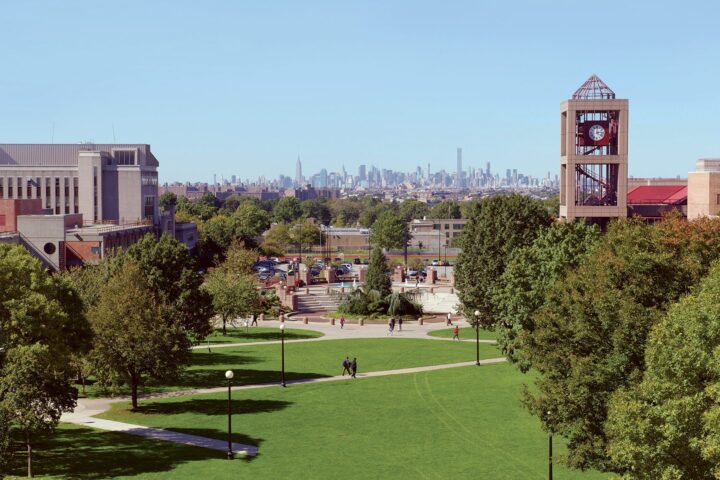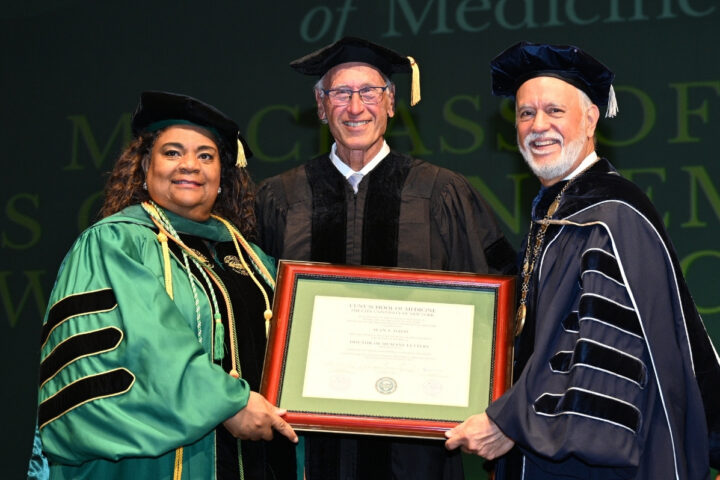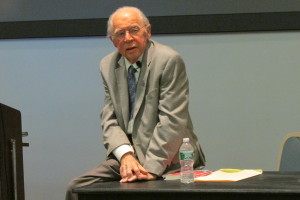
The Center for Jewish Studies and the Queens College Department of Drama, Theatre and Dance presented a dramatic reading of “Inmate #1818″ on Nov. 6 at the Rosenthal Library with Bernard Otterman, the author, in attendance to discuss the stories.
Otterman and his family moved to the U.S. from Germany after living through the horrific experience of being imprisoned in Nazi labor camps. A doctor in the natural sciences, he recently released a collection of stories exploring the experiences of Jewish prisoners in the ghettos and labor camps called “Inmate #1818.” It tells the story of a young Jewish boy moving away from the ghetto and being smuggled into a labor camp.
Claudia Feldstein, a drama professor, played a significant role in bringing Otterman’s work to life and making this event happen.
“I’m sure some of you notice that it’s difficult for me to hear this story. It’s one of the few semibiographical stories in the book because 20 percent is true, but the rest is fictional,” Otterman said.
Stephen Singer, the actor who read the anthology, has worked on the stage and screen for 40 years. He worked on Broadway in shows such as “Gemini” and “The Ice Man Cometh.” On television he starred in shows such as “The Good Wife” and “The Sopranos.”
The weekend that followed the reading was the 76th anniversary of the Kristallnacht, or Night of the Broken Glass, when Nazis burned synagogues and shops. German Jews were killed during the pogrom.
“The Kristallnacht, in so many ways, was the threshold toward genocide,” Diane Spielmann, associate director of the Center for Jewish Studies, said.
Most children perished during this genocide, so it is a “rare phenomenon,” said to Spielmann.
“Bernard Otterman’s ‘Inmate #1818’ is an anthology relating to the experiences of the survivors, based on his own personal history as a child in various labor camps during World War II,” Spielmann said.
The reading also recounted the actions of the boy’s cunning and loving mother, his experience of befriending an educated Jewish teenager who had accompanied and educated him on Jewish practices and the great dangers he and his mother faced in the camp.
“It’s true that my father, my mother and I were in the Radom ghetto, and not by the means described in the story, but some other means were able to get into the labor camp. We stayed in that labor camp for two years until almost the end,” Otterman said.
Otterman and his mother reunited later with his father, who had survived Auschwitz.
Although the boy in the story was unaware of the situation, the audience, through Singer’s reading, could understand the circumstances at the time.
“I use this story to explain, to talk about what happened to the 30,000 Jews of Radom, who were exterminated by Treblinka, and the few thousand, including me, my father and my mother, who survived,” Otterman said.


